Alright – so today we’ve got the honor of introducing you to Carlos (Beto) Ortiz. We think you’ll enjoy our conversation, we’ve shared it below.
Carlos (Beto), thanks for taking the time to share your stories with us today What do you think Corporate America gets wrong in your industry?
I believe corporate America and America in general approach the management of the food and beverage industry in the wrong way. The kitchen has always been a resilient space for so many including ex-convicts, immigrants, drug addicts, and more. Without anyone knowing it’s like their past vanishes when they enter a professional kitchen. It becomes almost like the military that they never had or the second chance they couldn’t get. At other times the kitchen becomes a place full of hostility and many societal issues cross over each other. I believe if a kitchen is studied carefully one can uncover many answers to how to fix major problems.
Meanwhile, restaurants are struggling to survive. We realized after Covid how essential it is to go out and eat. After a long time, the collective industry finally realized that we can’t keep allowing customers to always have the right way when they are not. The huge food chains and corporate food suppliers are raising the prices of their food and it’s becoming hard to keep a restaurant afloat. People working in this industry are seen as essential workers but are not treated as essential. Corporate America has forgotten the importance of food in our world. For example, it has always been just a fuel for energy for kids at school but it hasn’t been seen as medicine! Hospitals are full of people and while they are essential workers with benefits, us, the cooks, farmers, etc (the ones that are in charge of things at the beginning of the chain and can reduce the amount of people in a hospital) are treated as any other worker! My complaint is not about other industries receiving more benefits, it’s about waking up and realizing the importance of these workers. If things continue the way they have, the mental health and overall health of the people in the food and beverage industry can have serious consequences and the future of this industry will take a toll.
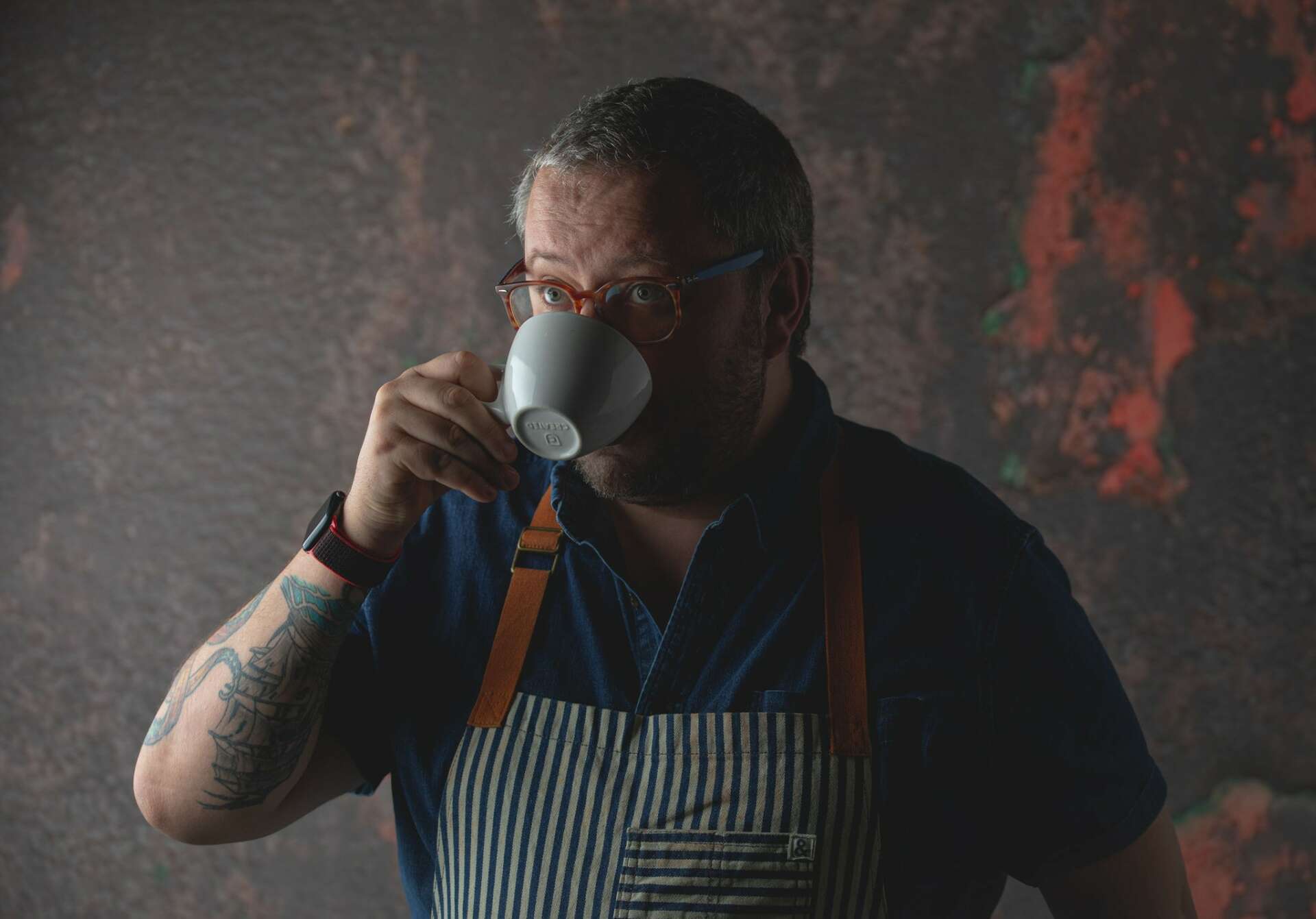
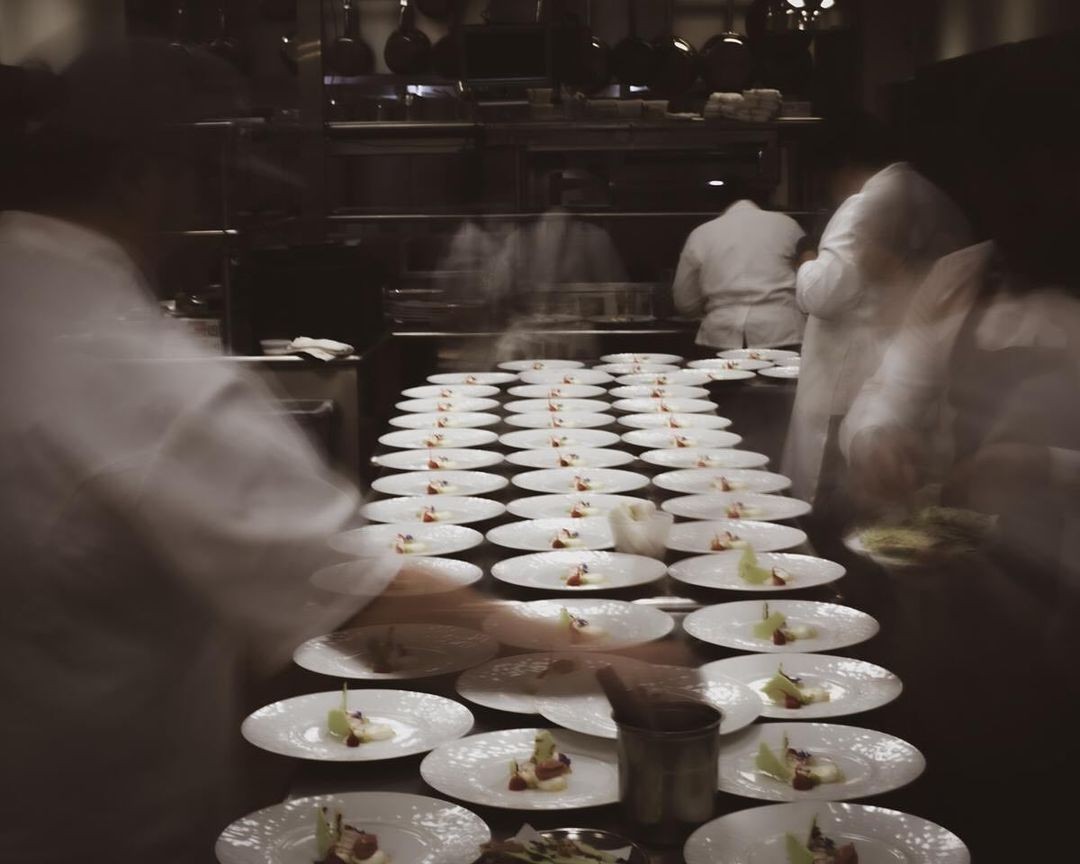

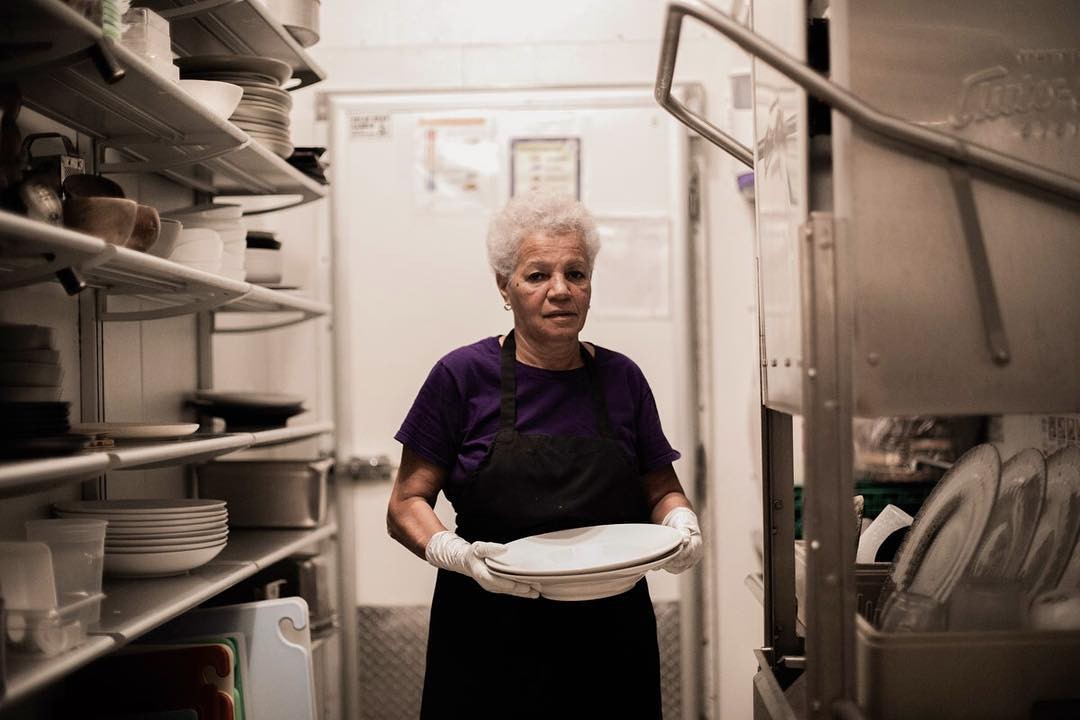
Great, appreciate you sharing that with us. Before we ask you to share more of your insights, can you take a moment to introduce yourself and how you got to where you are today to our readers
As a culinary graduate, you always envision yourself becoming a chef and cooking food for many people. I spent five years working in a kitchen. When I found a gap between people who talk above the industry and those who have real experience in the kitchen, I changed my career path. I saw how the stories were shared outside the kitchen and how skewed they were. Though I loved being a chef as I had dreamed of, I set out to embark on a journey to give voice and share the realities of the kitchen with a larger audience. Sometimes it takes leaving your ego behind and realizing that with my work I can build a platform that can help others in the industry. I believe that moving from a sous chef job to becoming a storyteller that uses food and the stories of the kitchen as my subject has made my career unique and innovative.
One of my biggest influences is Anthony Bourdain. So many may question it and wonder why my hero is a guy that committed suicide. Well, first of all, I don’t believe he did, but let’s save that theory for another day. What Anthony taught me is perseverance. When he was 45 he was still a chef in a restaurant he didn’t own. His life was not going anywhere but he insisted on writing something that no one had written about before that was about the reality of the kitchen and the importance of the humans behind it. Eventually, he sent his write-up to the NY Times, and his luck changed drastically. He never considered himself a journalist even though he interviewed many important people. With his unique approach and perspective such as asking, “what was the food that your mother used to cook you when you were a child?” he opened so many conversations and uncovered answers that nobody had ever captured on camera. His approach in Parts Unknown of traveling to places in war or facing hard conditions using food as the subject gave him a unique voice and way to showcase their reality and stories. Anthony influenced me to keep going. When I changed my career path, I didn’t know much of him, but somewhere in the middle, I discovered his story and he inspired me to find the strength to keep finding my way!
How’d you build such a strong reputation within your market?
I believe my reputation was built because of my unique approach to the industry. I am one of the few that offers Branding, storytelling, and marketing for the F&B sector in my area. When I talk to Chefs and restaurant owners, we have the same language, and they trust me because I come from the same place. Also, I focused on offering excellent customer service to each of my clients, and I have brought them some unique ideas outside of the digital world and more to the service & food perspective of the business. All the clients that I currently manage have been referred.
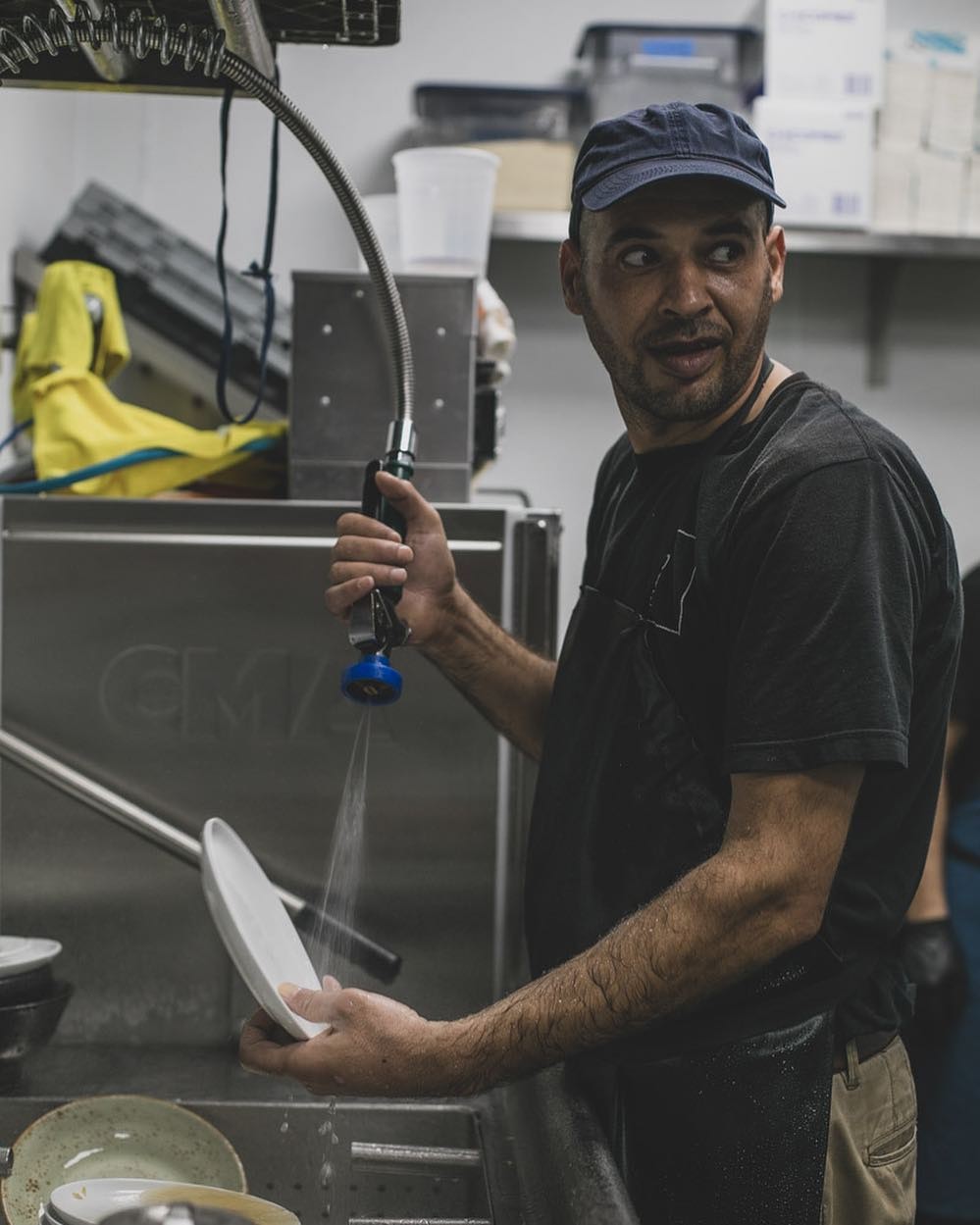
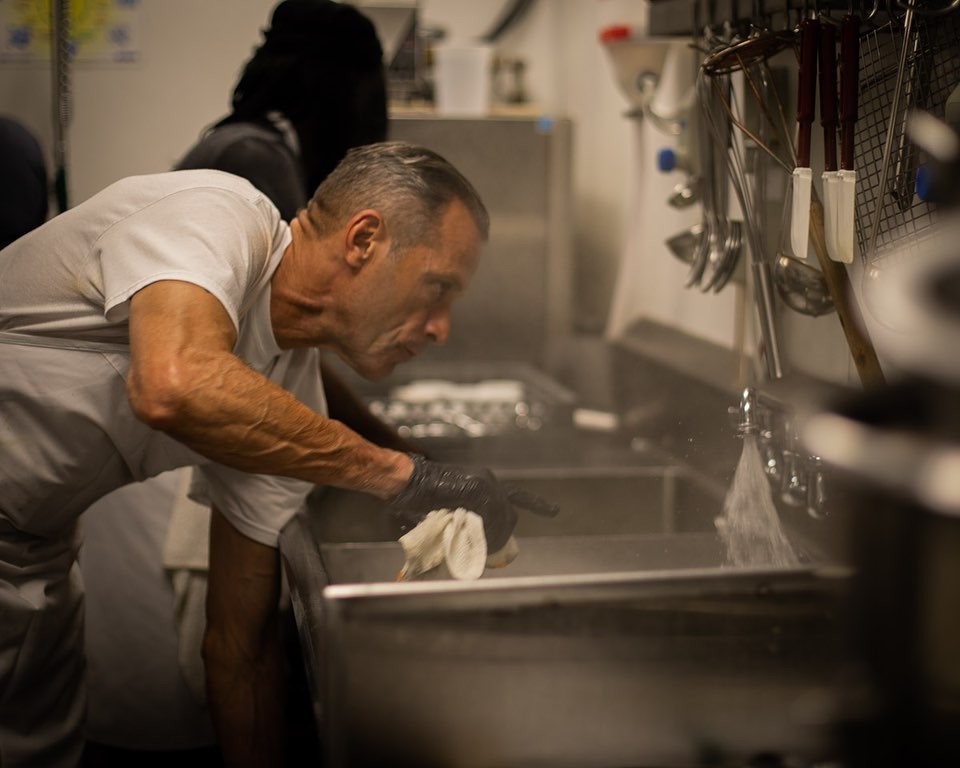

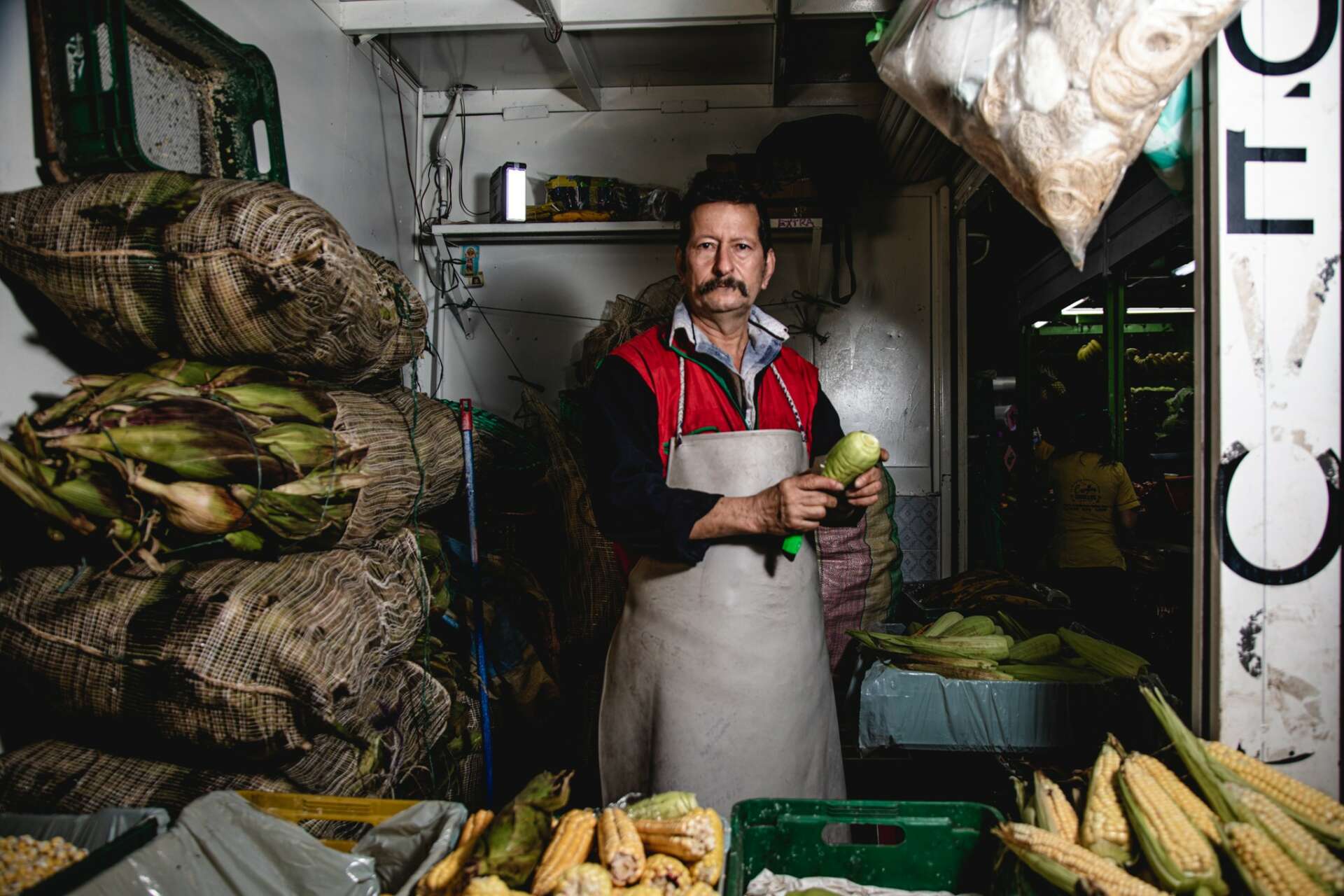
How do you keep your team’s morale high?
What I will recommend to others is to treat your team uniquely. If you are working with creatives, you need to understand that we are sentimental! We do what we do because we enjoy doing it, and understanding what drives each of your employees will better guide you on how to assign projects and talk to each of them. Human power is the most important one in your company. Value them and always find ways to keep things interesting.
Contact Info:
- Website: http://humansofthekitchen.com/
- Instagram: https://www.instagram.com/humansofthekitchen/
- Facebook: https://www.facebook.com/humansofthekitchen
Image Credits
Felipe Espinal to my profile picture (1st photo) The rest of photos to Pickled Truth


